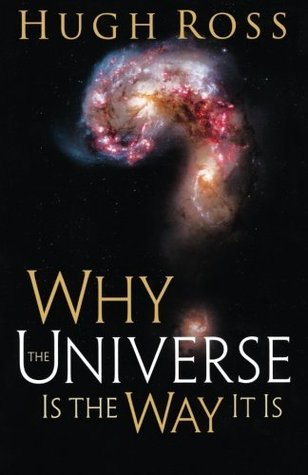More on this book
Community
Kindle Notes & Highlights
by
Hugh Ross
Read between
September 19 - September 26, 2021
Why is the universe so hugely vast, so unimaginably ancient, so predominantly dark, so irreversibly decaying, so empty of life, and so rife with suffering and evil?
This United States Navy aircraft carrier is 1,092 feet long. A self-contained city, it has a displacement of 100,000 tons when fully loaded. If the USS John C. Stennis were as fine-tuned as the universe, adding or subtracting a billionth of a trillionth of the mass of an electron from the total mass of the aircraft carrier would make it uninhabitable.
If dark energy were changed by as little as one part in 10120, the universe would be unable to support life.[17] A number that small can be hard to picture. If compared to the mass of the entire universe, it would be no bigger than a billionth of a trillionth of a trillionth of an electron’s mass.
Recent research reveals that the timing of that peak occurred when the universe was two-thirds of its present age—about 4.57 billion years ago—or when the universe reached the tender age of about 9.2 billion years (see figure 3.1, p. 47). That age matches the timing of the Earth’s formation 4.5662±0.0001 billion years ago.[5]
The human era is theoretically the earliest possible epoch that allows astronomers to study the light from the origin of the universe. They can see that light clear back to 0.000028 of its present age. Because of the universe’s age, astronomers can directly view 99.9972 percent of cosmic history and almost behold the instant of cosmic creation. Astronomers’ analyses of maps of the radiation from that cosmic origin event have taught them more about its beginning, history, structure, and design than any other set of observations.
Two physicists, Lawrence Krauss and Robert Scherrer, in a prize-winning essay on gravity, calculated that in the distant future, observers on any planet in the universe will be fundamentally unable to ascertain any of the universe’s important features.[15] In particular, it will become impossible for any physical sentient being living anywhere within the cosmos to determine whether the universe is expanding or has a beginning. Researchers won’t be able to learn anything about the origin of the elements or discover the existence of dark energy or map the temperature fluctuations in the cosmic
...more


